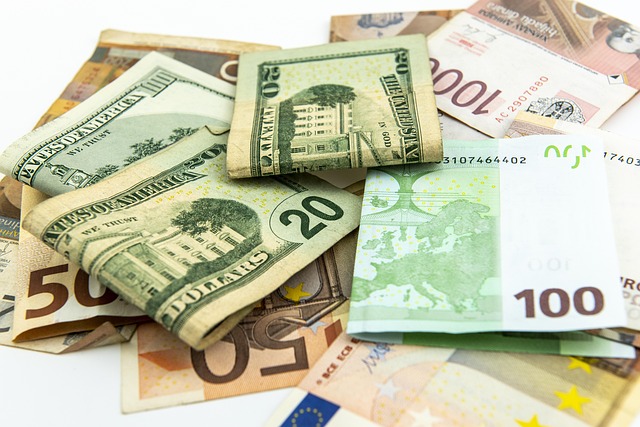
What is the Mar-a-Lago Accord?
The Mar-a-Lago Accord is an ambitious economic and trade initiative proposed during the Donald Trump administration's second term. Named after the lavish Mar-a-Lago estate in sunny Florida, this accord aims to shake up global trade and monetary relations like a snow globe at a toddler's birthday party. The core goal? To devalue the dollar while keeping it as the world’s reserve currency. Sounds tricky, right? That’s because it is! This balancing act seeks to navigate the contradictions described in the Triffin paradox, which basically says that a country can’t be both the issuer of the world’s reserve currency and maintain a stable economy at home. Talk about a juggling act!
How Does It Work?
The Mar-a-Lago Accord proposes a mix of tariffs, currency measures, and trade agreements that are tied to national security. It’s like a buffet of economic strategies, but instead of food, you get policies that could reshape how countries interact financially. Drawing inspiration from historic agreements like the 1944 Bretton Woods Agreement and the 1985 Plaza Accord, the initiative envisions a broad realignment of global trade and currency systems. It’s a bit like trying to change the rules of Monopoly halfway through the game—everyone’s going to have an opinion about it!
Current Status
As of early 2025, the Mar-a-Lago Accord is still in its infancy, with negotiations ongoing and many details kept under wraps. It's like the secret menu at your favorite restaurant—everyone’s curious, but no one really knows what’s on it. The success of this initiative remains highly uncertain, and the economic landscape is as unpredictable as a cat on a hot tin roof. So, while the accord might sound like a grand plan, the reality is that it’s still taking baby steps.
Potential Implications
If the Mar-a-Lago Accord moves forward, it could have significant implications for the global economy. Here are a few possibilities:
- Devaluation of the Dollar: If successful, this could lead to a weaker dollar, which might boost U.S. exports but also make imports more expensive. So, your avocado toast might get a little pricier!
- Changes in Trade Agreements: Countries may need to adjust their trade strategies, which could create new partnerships or tensions. Think of it like high school lunch tables—sometimes you have to sit with the jocks, even if you’d rather be with the band geeks.
- National Security Ties: Linking trade agreements to national security could mean more scrutiny over who we trade with. It’s like your mom checking who you’re hanging out with—she just wants to make sure you’re safe!
Conclusion
In summary, the Mar-a-Lago Accord is a bold initiative aimed at reshaping global trade and currency relations while navigating some tricky economic waters. Whether it will succeed or fizzle out like a soda left open overnight remains to be seen. One thing's for sure: the world will be watching closely, popcorn in hand, as this economic drama unfolds. 🍿




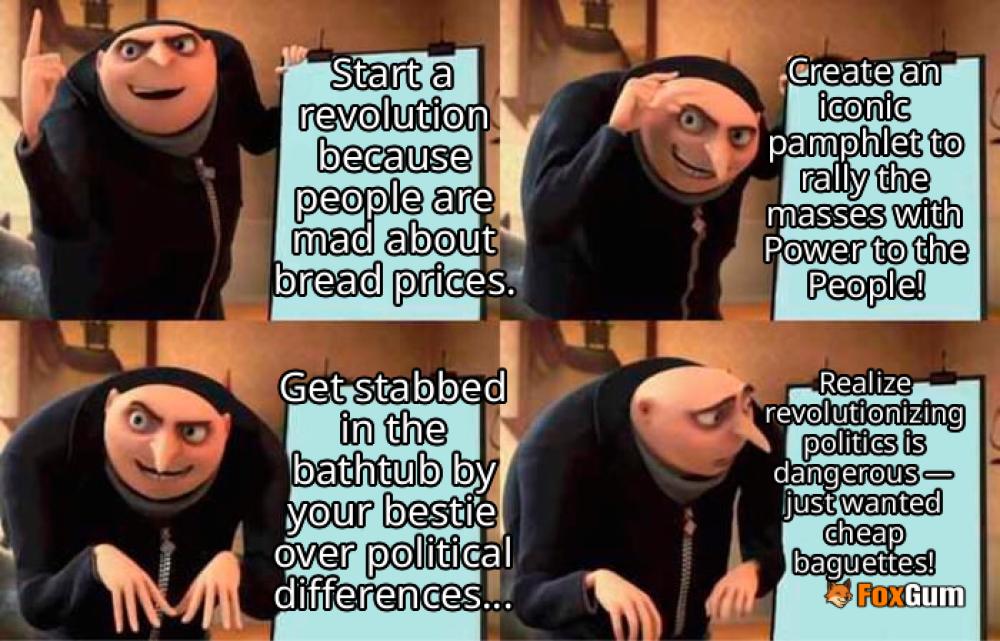




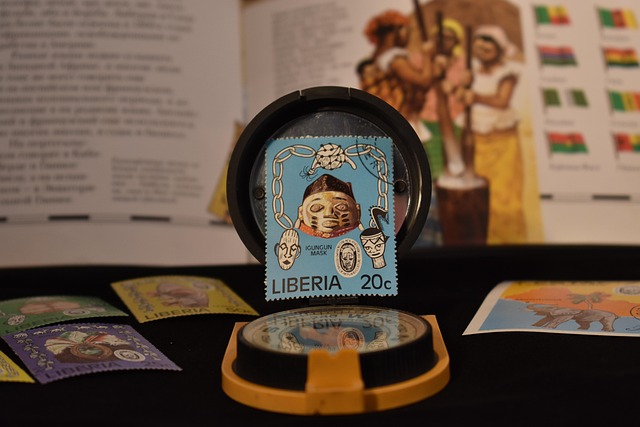




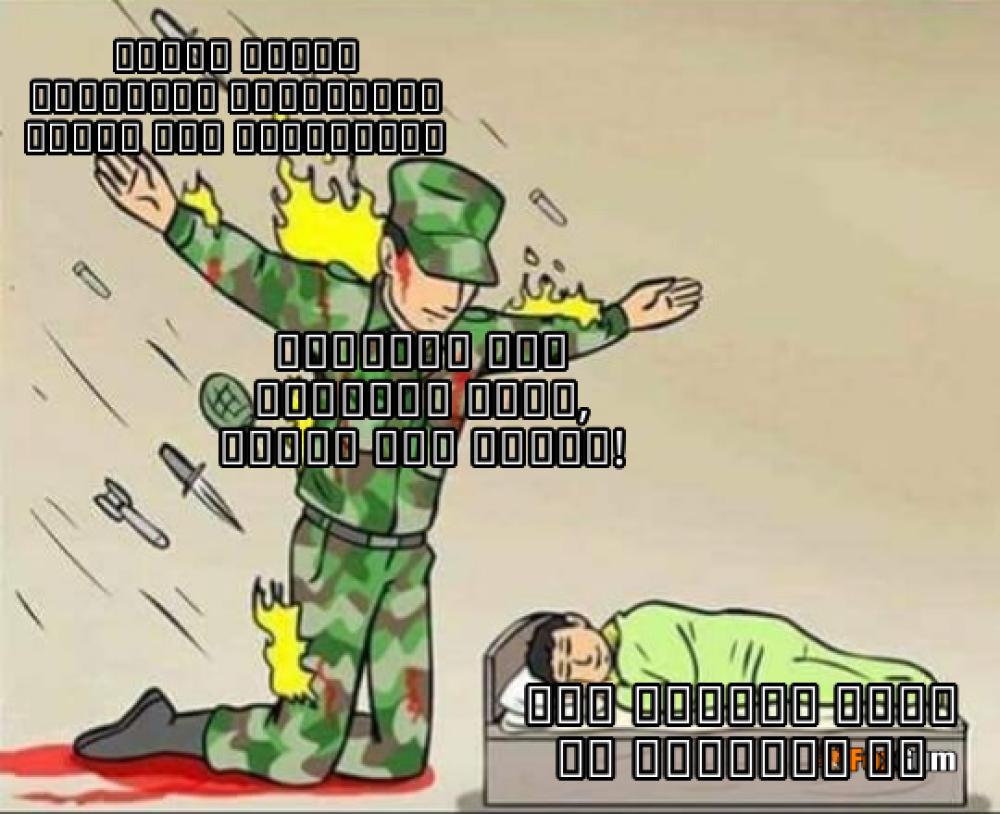


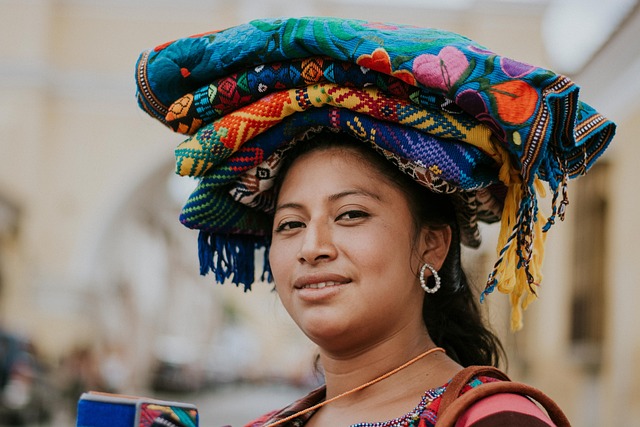


 શુભેચ્છાઓનો મહત્ત્વ
શુભેચ્છાઓનો મહત્ત્વ 
 Health
Health  Fitness
Fitness  Lifestyle
Lifestyle  Tech
Tech  Travel
Travel  Food
Food  Education
Education  Parenting
Parenting  Career & Work
Career & Work  Hobbies
Hobbies  Wellness
Wellness  Beauty
Beauty  Cars
Cars  Art
Art  Science
Science  Culture
Culture  Books
Books  Music
Music  Movies
Movies  Gaming
Gaming  Sports
Sports  Nature
Nature  Home & Garden
Home & Garden  Business & Finance
Business & Finance  Relationships
Relationships  Pets
Pets  Shopping
Shopping  Mindset & Inspiration
Mindset & Inspiration  Environment
Environment  Gadgets
Gadgets  Politics
Politics 